While the uncertainty brought by the recent hike in U.S. tariffs and countermeasures from China is troubling for some foreign traders, many more view it as an opportunity to diversify and start exploring new markets.
Opportunities in emerging markets
John Leal, a Zhongshan-based sourcing agent from Brazil and CEO of ODM Pacific Ltd., said he had seen his business more than double since last year. While proudly attaching pins — souvenirs from past editions of the Canton Fair — onto the buyer’s pass around his neck, Leal said this is his 11th time attending the fair.
“This year, I’m looking for industrial machines for Brazil factories that wish to automate and raise efficiency at production,” he said. “I am also trying to locate innovative products, such as home appliances and functional furniture that can make the best of spaces in small apartments.
“The Canton Fair is a great platform for foreign buyers, especially for those looking to start a new business,” Leal continued, adding that the fair offers a one-stop purchasing platform for everything. “I return every six months to get connected with the suppliers and find out what’s new.”

John Leal (R) talks with Xtransfer CEO Bill Deng during the fair in Guangzhou on Tuesday. Debra Li
According to Leal, currently about 30,000 Brazil importers are doing business with Chinese firms, and that number has a huge potential to further grow because China-made products besides industrial machines, including Jewelry and clothing, are also highly popular among Brazilians.
Ahmed Al-amri, chairman of Prince Trading Co. Ltd. and a sourcing agent who imports textiles, garments, mobile accessories, and industrial production lines from China to the Middle East, said Chinese electric vehicles (EVs) are getting increasingly popular in the region.
The need to diversify
The trend of China’s foreign trade firms diversifying has been noticed by Bill Deng, founder and CEO of Shanghai-based Xtransfer, China’s leading business-to-business (B2B) cross-border trade payment platform, which has set up a large booth at the fair.
Collaborating with major banks such as HSBC, J.P. Morgan, Bank of China, and DBS and accessible in over 200 countries and regions worldwide, Xtransfer processes approximately US$10 billion worth of transactions monthly and serves over 600,000 small and medium-sized foreign trade enterprises.
“In the past five years, the worth of transactions we process annually between Chinese and U.S.-based firms has dropped from 23% to 8% of our total revenues. The 20% hike in U.S. tariffs, tied with the so-called fentanyl trade in February, was a trigger,” Deng said, adding that the latest round of U.S. tariffs will not be reflected in his platform’s transactions until a month later since U.S. buyers are still destocking.“This extreme tit-for-tat confrontation will not last,” Deng predicted. “Americans will [dislike] having to pay for much more expensive goods and Chinese foreign traders and manufacturers will be under great pressure. “Both sides will need to step back, review the situation, and make compromises.”

Participants engage in business discussions at the fair. Debra Li
The quick expansion of Xtransfer’s local collection services also reflected the trend of diversifying. To better serve clients exploring emerging markets, the platform has been able to collaborate with local banks in Brazil, Nigeria, and Mexico, as well as those in Southeast Asian countries, to offer collection services in the local currency and transfer the money to Chinese suppliers swiftly, safely, and affordably.
Deng also suggested that foreign traders should expand their global customer base to economies in the Global South since they have grown at a faster pace than the United States over the past two decades. They can complement China as exporters of agricultural products and natural resources and importers of many types of industrial products.
Ryan Li, CEO of Hong Kong-based Channel Technology Ltd. and an exporter of computer and smartphone accessories to the United States, Europe, Japan, and Southeast Asia, said he had asked his suppliers to halt production for a month due to the U.S. tariffs.“The electronics industry has a long supply chain with certain thresholds for technical know-how. Therefore, it’s not easy to source such products in places other than China,” Li said.“I guess the U.S. will form a more detailed plan to levy various rates on different categories of Chinese products, depending on the ‘bargaining power’ of those products — like how difficult it is to find alternatives and the strategic importance of those products to the U.S. economy.”“The world has a population of 8 billion, so we have over 6 billion to tap into beyond the U.S. and ourselves, which gives me confidence in foreign trade,” Li said.
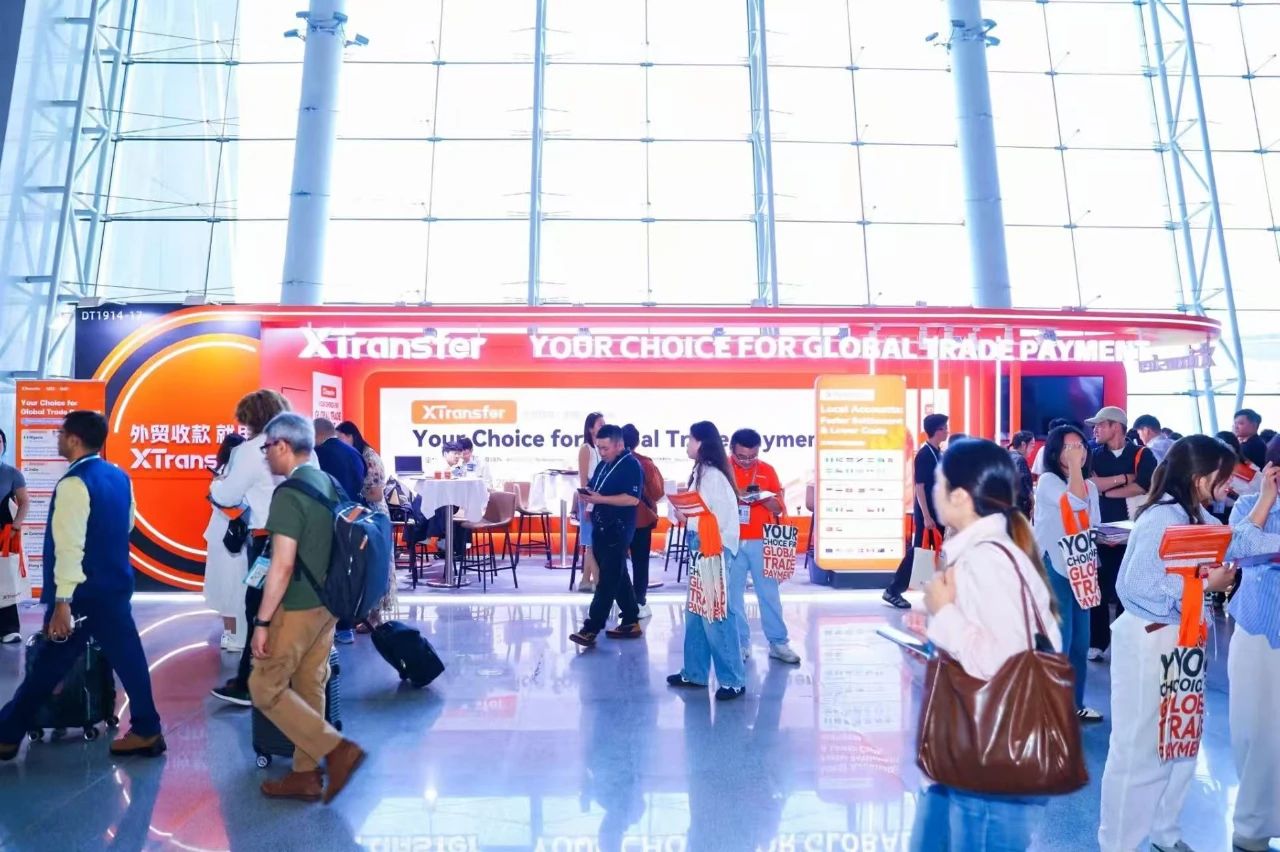
Visitors walk past the booth of Shanghai-based XTransfer during the fair.
Cai Zhan, a Yiwu-based foreign trader and influencer with 1.2 million fans on Douyin, said she has also noticed the recent policy support for Chinese foreign traders whose biggest chunk of customers come from the U.S. “Domestic e-commerce platforms like JD and Taobao have offered green lanes to help those traders to open shops and sell their goods domestically,” she said.
Source:ShenzhenDaily







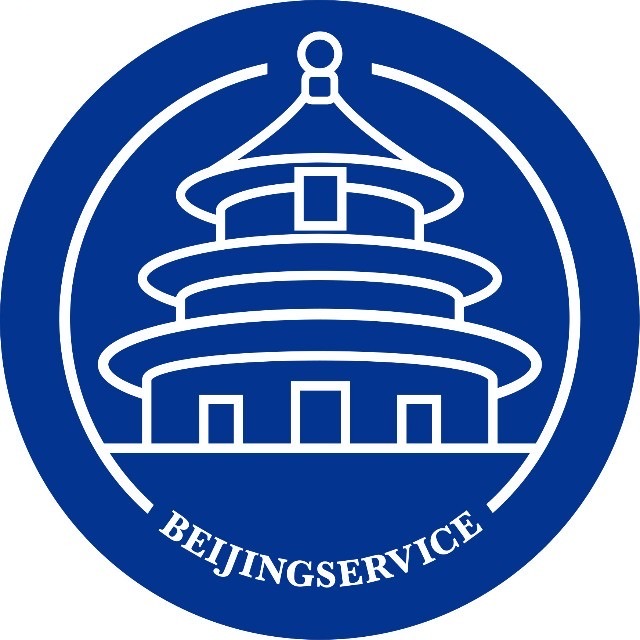
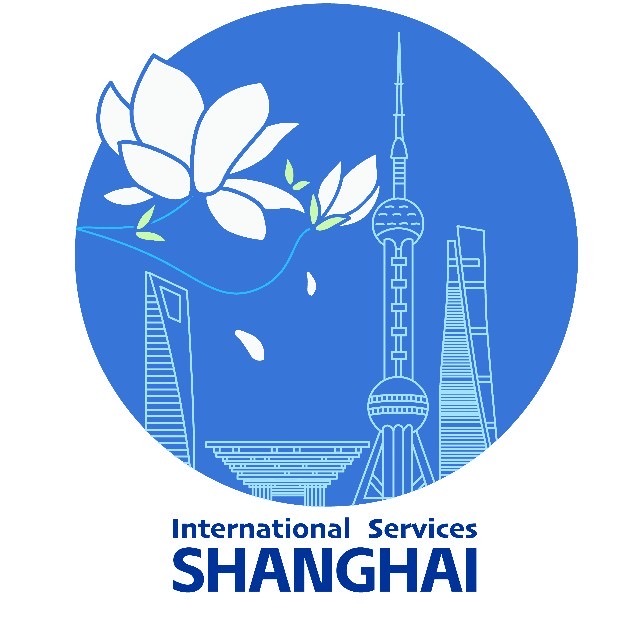



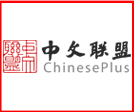
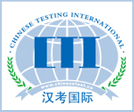
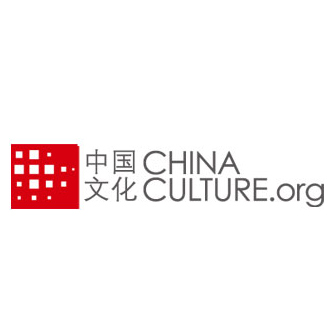
 京公网安备
京公网安备